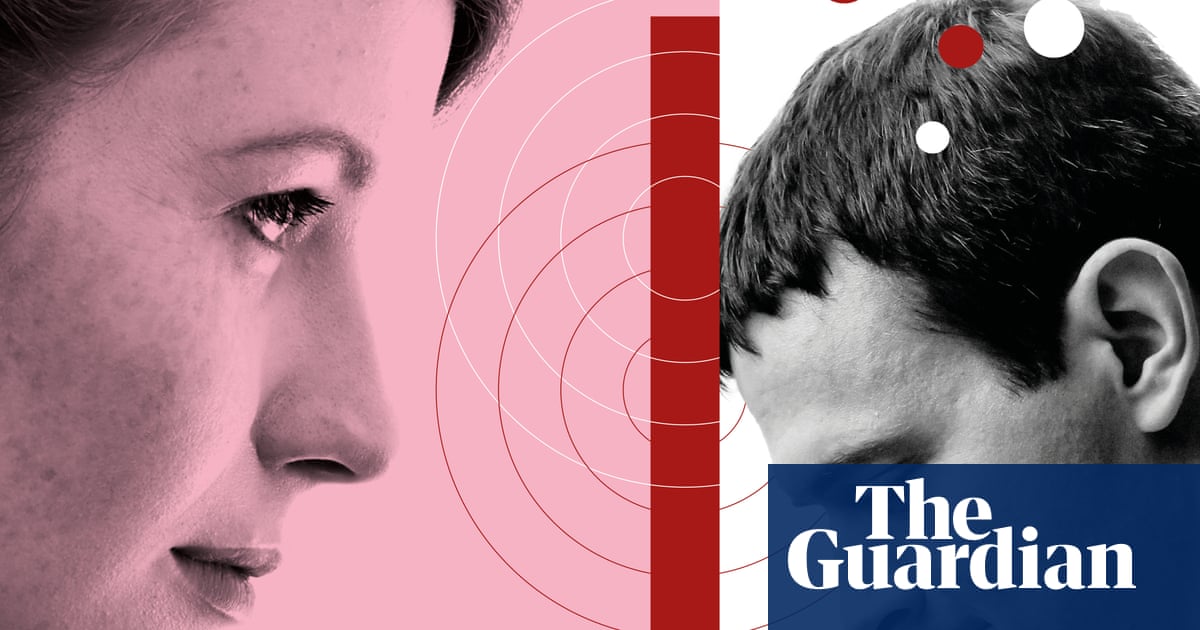W e can try as troublesome as we akin to to develop a much better life for ourselves and our loved ones, nonetheless the truth is that in some circumstances factors happen which can be extraordinarily difficult to recuperate from. Terrible, traumatising, crushingly disagreeable factors. If you’re a individual that has truly skilled misuse; shed a preferred one as effectively younger; shed an toddler or a child; desired a child and never had the power to have one for no matter issue; endured everlasting harm to your physique and your thoughts; or made it by means of any form of misfortune that has truly left you sinking in anguish, a much better life may actually really feel undoubtedly and irredeemably out of your grip.
I comprehend this. I’ve truly seen it generally in my consulting house, and though I’ve truly been extraordinarily fortunate in my life, I’ve truly likewise understood that sensation of assurance that there are some accidents that you just can’t recuperate from. When you stay within the middle of it, or embeded its outcomes, that’s all there may be.
But I’ve truly found, as an individual in therapy and as a specialist, that it will probably come to be possible for discomfort and harm to be taken care of, took into phrases and acknowledged. And this could include one of the vital irritating, inconceivable, earth-shattering losses.
This is simpler outlined than achieved. We more than likely to all sort of sizes– regularly robotically– to hide from what injures, to cowl fact significance behind our discomfort. Sometimes, our workforce consider we’re in discomfort, nonetheless actually we aren’t– we’re stopping it, urgent it away, reworking our backs to it. Like listening to an individual weeping, and silently unclothing your own home and shutting the door.
Take stress and anxiousness. An particular person might search for therapy since they need support for life-sapping stress and anxiousness indicators– from the battering of their higher physique to the auto racing concepts of their head and the complete mind-and-body clench that signifies they battle to get up. They are disagreeable. But what I discovered is that it may be simpler, in some way, to essentially really feel disagreeable relating to stress and anxiousness indicators than to essentially really feel the sentiments we’re fleing from. These bodily and psychological indicators can turn out to be an additional acceptable diversion from the a lot deeper psychological distress that we can’t start to come across. It may, robotically, seem higher to be in stress and anxiousness than to be hurting. But if we’re to face a risk of being able to understand the importance in our struggling, we require to remodel within the course of the sensations, the reminiscences and the losses that stress and anxiousness leads us removed from.
If you’re paralysed by stress and anxiousness, you aren’t residing your life. But if you’re in discomfort and also you perceive why, probably since you might be craving for one thing you cannot have– love, security and safety, a mother, a child– and also you provide voice to that discomfort, additionally if simply inside your very personal thoughts, for those who place it proper into phrases and take note of it, care for it, after you could comprehend the importance of your struggling and are available to life. There is alleviation as a result of, and this can be very numerous from leaving by yourself to weep behind a shut door.
This is numerous from what people name “dwelling” on or in one thing, which signifies a sort of wallowing, like fretting an harm. Feeling your discomfort is what makes movement possible, whereas averting from it ensures you’ll actually stay embeded it. Perhaps that is what the psychoanalyst Wilfred Bion was discovering when he created that wonderful therapy must “increase the patient’s capacity for suffering”.
There’s merely one other level I wanted to state relating to this. When one thing dreadful happens to you, there may be regularly a presumption– talked or unmentioned– that it was your mistake. It is actually possible that had you altered selections, had it been possible so that you can act another way, this level might or couldn’t have truly occurred– which could be extraordinarily disagreeable, nonetheless important, to determine. It might likewise maintain true that completely nothing may need stopped this level from going down; that it was pretty merely out of your palms, which is a fully distressing level to contemplate.
It might additionally actually really feel a lot better to hold on to your misplaced remorse, since this concept that it was your mistake secures you from the truth that dreadful factors can happen and there may be undoubtedly nothing we are able to do relating to it. The well-known scene in Good Will Hunting when Robin Williams informs Matt Damon: “It’s not your fault” is so efficient since Damon’s character believes he at the moment understood that, nonetheless we are able to see when he damages down that he actually didn’t actually assume it. What doesn’t show out relating to that scene for me is that he finally thinks it since Williams informs him– in my expertise, it doesn’t operate like that. This is one thing we can’t learn by one other particular person; we have to find this actuality inside ourselves.
It is ruining to come across this reality. But counterproductive although it is likely to be, a much better life can outgrow the distress of acknowledging that we’re not in management. Because though we can’t regulate what happens to us, once we can allow the expertise of our actual struggling, our discomfort and our ache, we are able to find understanding and a functionality for empathy, for ourselves and others as effectively.
Moya Sarner is an NHS therapist and the author of When I Grow Up – Conversations With Adults in Search of Adulthood
Do you could have a viewpoint on the issues elevated on this put up? If you want to ship a response of as a lot as 300 phrases by e-mail to be considered for journal in our letters space, please go to this website.



